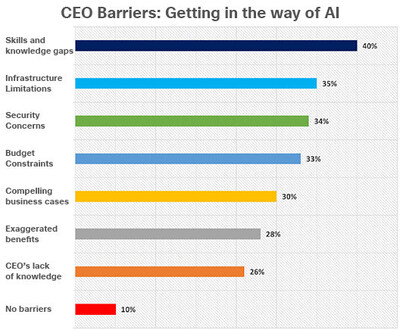
Economic studies indicate a concerning contradiction: when minimum wages fall too low, unemployment benefits begin to seem more appealing than actual employment, which challenges the core idea that jobs should consistently yield better financial returns than welfare. The research, [released in PLOS One](https://journals.plos.org/plosone/article?id=10.1371/journal.pone.0321564), reveals that this “welfare versus work contradiction” arises when both wages and benefits near survival rates. The results question traditional beliefs regarding work incentives and provide essential insights for policymakers navigating the precarious balance between promoting employment and maintaining social safety nets.
### The Work Incentive Collapse
“This concept is referred to as the ‘work incentive principle’. Essentially, there should consistently be a financial benefit to working over receiving unemployment assistance,” stated Roberto Iacono, an associate professor at the Norwegian University of Science and Technology’s Department of Social Work.
Iacono’s quantitative analysis shows that this principle collapses when both minimum wages and welfare benefits are close to basic survival levels. In these scenarios, the effort needed to work for meager wages is greater than the relatively low burden of claiming benefits at similar income levels.
The research pinpoints a pivotal threshold where established economic beliefs falter. When earnings barely meet essential needs, individuals logically choose the option that demands less exertion—even if the financial result seems the same.
### Mathematical Validation of the Paradox
Utilizing theoretical modeling rather than observational data, the research supplies mathematical validation that the paradox manifests under particular circumstances:
– Both minimum wage and benefit levels near subsistence income
– Labor effort at a subsistence level surpasses the costs of applying for welfare
– Utility from income declines as amounts approach survival thresholds
– The disparity between working and receiving benefits shrinks to nearly negligible
### Actual Impacts
This paradox is not just theoretical. Numerous developed nations face wage stagnation at the lower end of income distributions while concurrently tightening welfare provisions through austerity initiatives. This simultaneous pressure establishes the very conditions under which benefits can appear more desirable than employment.
“The work incentive principle fails to hold when both minimum wages and welfare aid are so low that the financial returns from both options are nearly at the survival level,” Iacono remarked.
An important technical detail from the comprehensive study: the research operates under the assumption of diminishing utility functions for both earned income and welfare benefits, implying that as amounts dwindle toward subsistence levels, each additional dollar yields less utility or enhancement in living conditions.
### Policy Recommendations
The research provides clear recommendations for sustaining work incentives: minimum wages need to consistently surpass subsistence levels by a significant margin. This cushion permits some degree of welfare support while maintaining the economic benefits of employment.
“For the principle to hold true, the minimum wage needs to remain above the subsistence threshold consistently,” Iacono underscored. The study proposes that nations require adequate distance between minimum wage levels and survival income to support both satisfactory working environments and essential welfare assistance.
These findings add to the ongoing discussions surrounding minimum wage policies in developed countries. Instead of solely concentrating on staving off wage hikes, policymakers should contemplate the broader framework of work incentives and social assistance.
### Balancing Challenge
The research brings to light a core conflict in social policy: safeguarding at-risk populations while fostering workforce engagement. Nations must navigate the fine line between providing sufficient welfare to avert poverty and offering appealing wages to incentivize employment.
“I consider these results to be a significant addition to the minimum wage discussion in developed nations that also provide welfare support to their populace,” Iacono concluded.
As wage stagnation persists across numerous advanced economies, grasping this paradox becomes increasingly crucial for developing policies that promote both economic productivity and social welfare.
**No paywall here**
*If our reporting has enlightened or motivated you, please think about making a donation. Every contribution, regardless of size, empowers us to keep delivering precise, engaging, and reliable science and medical news. Independent journalism requires time, effort, and resources—your support guarantees we can continue revealing the stories that matter most to you.*
Join us in ensuring information remains accessible and impactful. Thank you for your support!